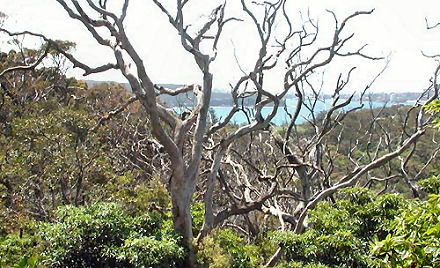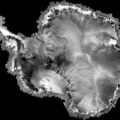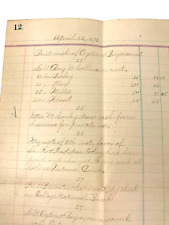
Climate change is having the most negative impact in the poorest regions of the world, already causing a decrease in yields of most major food crops due to droughts, floods, increasingly salty soils and higher temperatures. Now, the Global Crop Diversity Trust is undertaking a major effort to search seed collections for the traits that could arm agriculture against the impact of future changes, such as drought resistance in wheat or salinity tolerance in potatoes.
Cary Fowler, Executive Director of the Global Crop Diversity Trust, explained that crop diversity is the raw material needed for improving and adapting food crops to harsher climate conditions and constantly evolving pests and diseases. Worryingly, however, diversity is disappearing from many of the places where it has been placed for safekeeping – the world’s genebanks.
“Our crops must produce more food, on the same amount of land, with less water, and more expensive energy,” said Fowler. “This, on top of climate change, poses an unprecedented challenge to farming. There is no possible scenario in which we can continue to grow the food we require without crop diversity.”
To help address these challenges, through a competitive grants scheme, the Trust will provide funding for projects that screen developing country collections – including wheat, chickpea, rice, barley, lentils, coconut, banana, maize, and sweet potato – for traits that will be essential for breeding climate-ready varieties. These projects involve 21 agricultural research institutions in Argentina, Bangladesh, Brazil, India, Israel, Mali, Nigeria, Niger, Pakistan, Papua New Guinea, Peru, the Philippines, South Africa, Sri Lanka, and Syria.
Much of the screening will take place within collections where many of the unique samples are at risk. Therefore, in addition to its efforts to bolster the development of climate-ready crops, the Trust will provide funding to save unique crop collections that are at risk of disappearing. Crop collections need to be re-grown at regular intervals, and fresh seed harvested and placed in seedbanks to ensure long-term conservation and availability. Fowler said the Trust is working with more than 60 countries to “regenerate” unique collections of crops critical for food security, and to ensure that they are duplicated elsewhere for safety in a collection that meets international standards, as well as in the Svalbard Global Seed Vault.
Worldwide, there are a handful of crop collections that can be said to meet international standards. And even these few, despite their role in protecting the foundation of our food supply, lurch from one funding arrangement to the next without ever having any real long-term security. The Trust is now endowing these, the world’s most important collections, ensuring their conservation and availability for the future of agriculture.
“The contents of our genebanks – some 1.5 million distinct samples – are the result of a 13,000-year experiment in the interaction between crops and environment, climate and culture,” said Fowler. “If we are wise enough to conserve these collections, we will have a treasure chest of the very traits that crops used in the past when they successfully adapted to new conditions – the traits they will need again in the future to adapt as climates and environments change.”
Related:
Study Slams Mainstream Farming Techniques
Down On The Farm? Yields, Nutrients And Soil Quality
Global Extinction Crisis Poorly Understood
Can Biodiverse Farming Feed The World?
Yes, We Have No Bananas
Global Diversity Crop Trust


















Comments are closed.